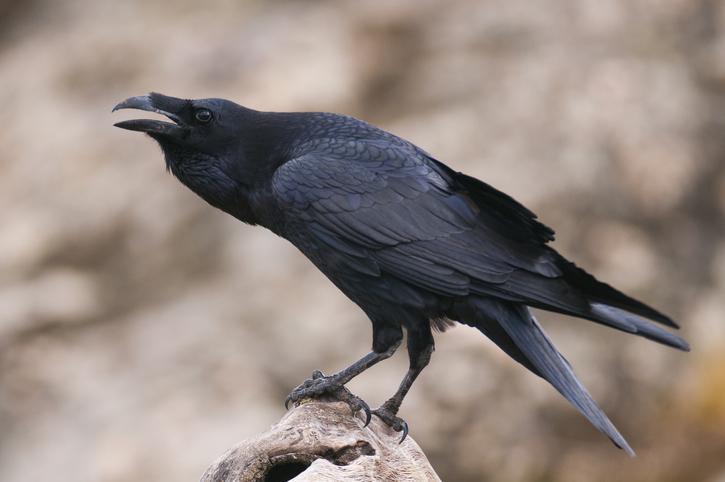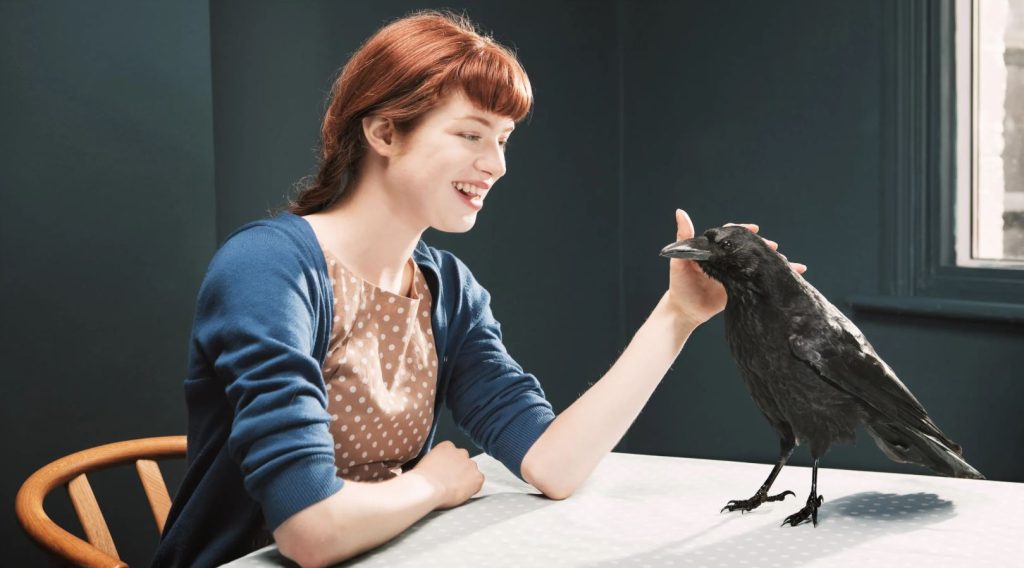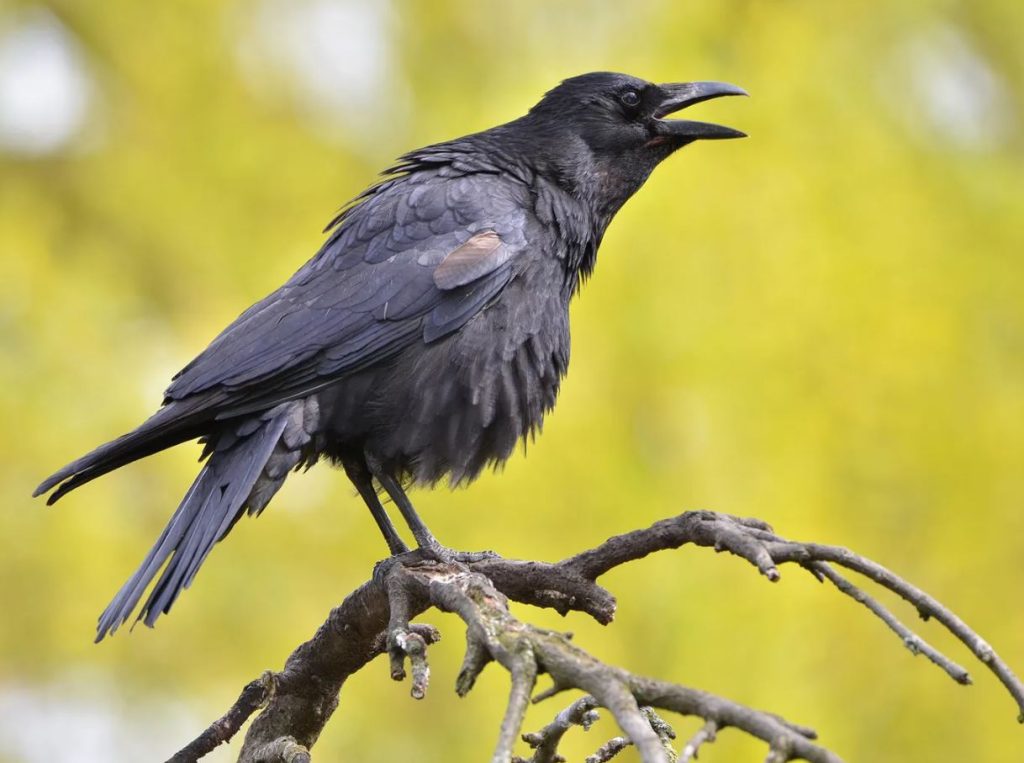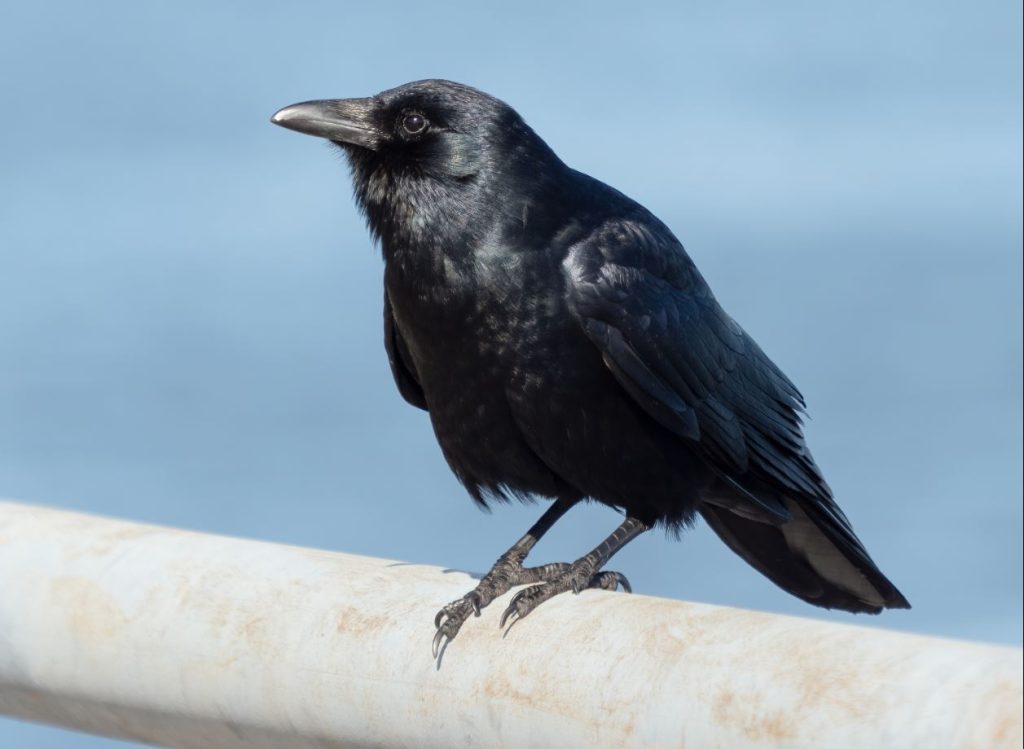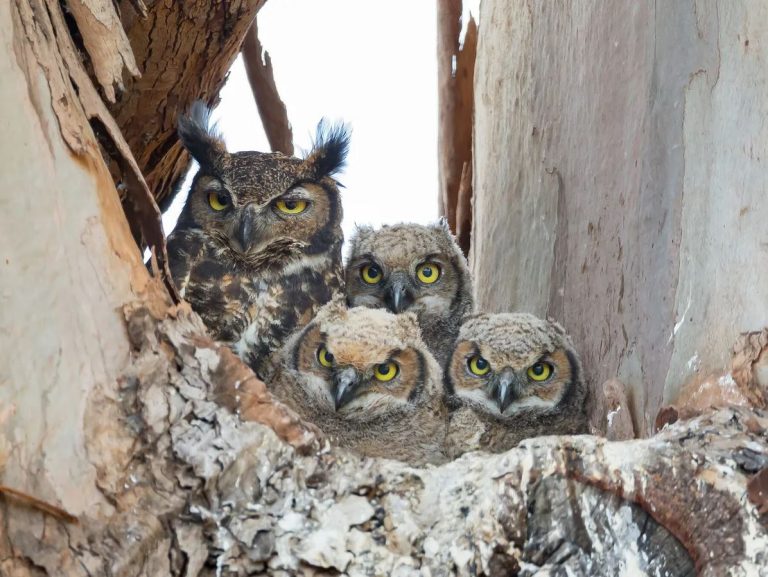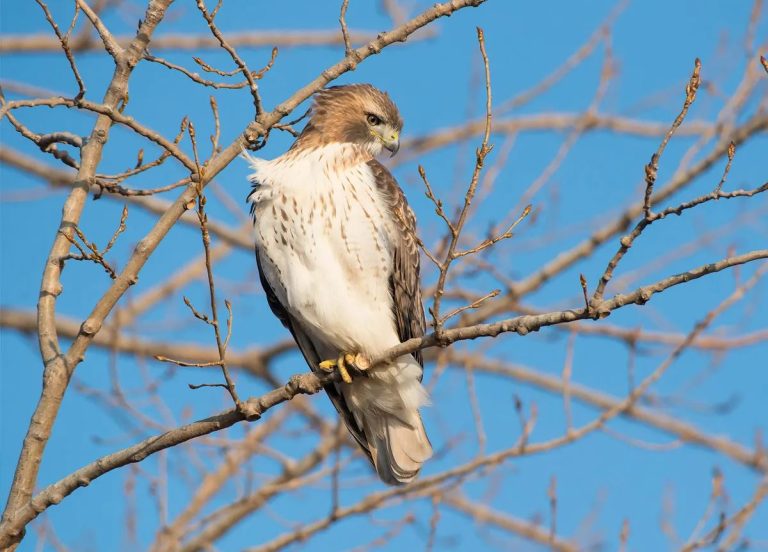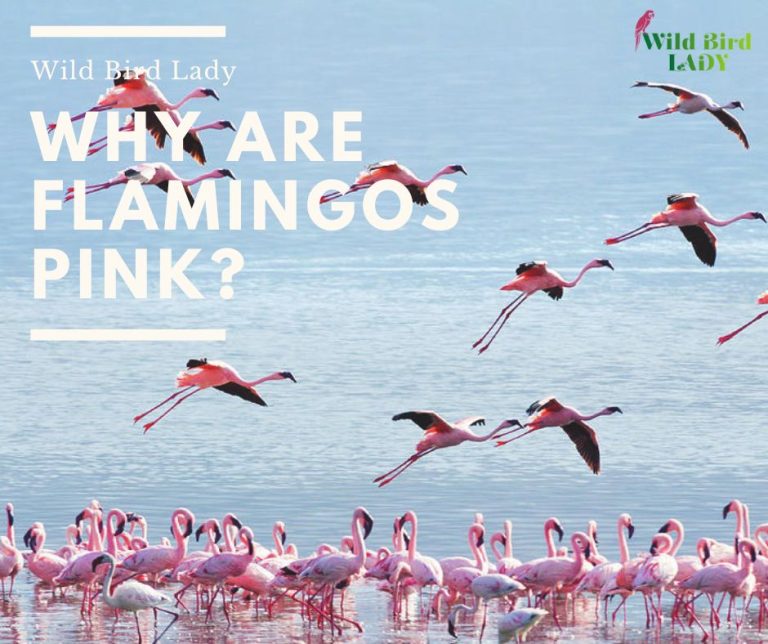Do Crows Talk? A Deep Dive Into the Remarkable Vocal Abilities of Crows
As someone who has spent over 13 years observing birds in the wild, I can tell you this: few birds are as captivating—and mysterious—as crows. One of the most common questions I get from curious birders and nature lovers alike is, “Do crows talk?” The answer might surprise you.
Crows are not just intelligent birds. They’re capable of mimicking human speech, conveying complex messages to each other, and even adapting their “language” to different situations. In this article, we’ll explore how and why crows talk, what science says about their communication skills, and how you can experience it firsthand.
Do Crows Talk?
Yes, crows can talk—at least in the sense that they can mimic human speech and communicate with one another using a sophisticated range of vocalizations. Like parrots and ravens, crows are part of a family of birds called Corvidae, known for their advanced cognitive abilities.
According to the Cornell Lab of Ornithology, the American Crow (Corvus brachyrhynchos) uses a wide variety of sounds to express emotions, warn of danger, maintain social bonds, and identify themselves to other crows.
How Do Crows Mimic Human Speech?
While not all crows will talk like parrots, some—especially those raised in captivity—can mimic words and even phrases. They use their syrinx, the avian vocal organ, to manipulate sounds with surprising precision.
One notable example is Mischief, a captive crow at the UK’s Knaresborough Castle, who reportedly says “hello” and mimics laughter. Another crow, Canuck the Crow, a viral sensation from Canada, reportedly mimicked the sounds of sirens and human voices.
Crows don’t speak in sentences, but they can mimic tone, pitch, and rhythm of human language remarkably well.
The Science Behind Crow Intelligence
Understanding why crows can talk requires diving into their intelligence.
A 2004 study published in Science by Dr. Nicky Clayton and colleagues showed that crows rival great apes in problem-solving. They use tools, recognize faces, and even pass the mirror test, a sign of self-awareness.
According to Dr. John Marzluff, professor of wildlife science at the University of Washington and co-author of Gifts of the Crow, “Crows have a brain-to-body ratio similar to chimpanzees. Their ability to learn and adapt is astounding.”
This intelligence lays the foundation for their vocal complexity.
Crow Communication in the Wild
Even if they don’t mimic human speech in the wild, crows absolutely talk to each other.
Their vocal repertoire includes:
- Caws – Used for territory and alerts
- Clicks and rattles – For bonding or subtle communication
- Scolding calls – To warn others about predators
- Social play sounds – Heard during group foraging or roosting
Researchers have identified over 250 distinct vocalizations in some crow species. Studies show crows can identify individual human faces and warn their kin about specific people—passing that knowledge on for years.
Famous Talking Crows in Captivity
Several documented cases of talking crows have intrigued scientists and the public:
1. “Famous” from Alaska
A pet crow in Anchorage named Famous could mimic human words like “hello,” “hi,” and even imitate a dog’s bark. Locals often mistook him for a prank.
2. Canuck the Crow
Canuck gained online fame for stealing knives, riding the SkyTrain, and mimicking sounds. Raised by a young man after being found as a chick, Canuck’s socialization with humans made him vocal.
3. Tata, the Talking Crow
Tata, a crow in India, became a local sensation for mimicking the phrase “Kya kar raha hai?” (What are you doing?) after hearing it repeatedly from his owner.
These examples show that with the right conditions, crows can develop impressive mimicry skills.
Why Do Crows Mimic Human Speech?
The main reasons crows mimic human sounds include:
- Social bonding: In captivity, crows form bonds with their caretakers. Mimicry strengthens these relationships.
- Attention-seeking: Like parrots, crows realize that mimicking humans gets a response.
- Boredom or enrichment: Intelligent animals in captivity often mimic to stimulate themselves mentally.
- Imitation and learning: Crows are observational learners. They pick up on patterns and copy what they hear.
In the wild, however, there’s little evolutionary benefit to mimicking human voices—so it’s mostly observed in crows raised by or closely exposed to humans.
How to Teach a Crow to Talk (Ethically)
Before attempting to teach a crow to talk, it’s crucial to consider ethical and legal concerns. In many places, keeping a wild crow as a pet is illegal without special permits. That said, licensed rehabbers and sanctuary staff may engage with them.
Tips (for permitted individuals):
- Early socialization – Crows learn best when young.
- Repetition – Repeat words clearly and consistently.
- Positive reinforcement – Reward vocal attempts with treats or attention.
- Avoid overstimulation – Keep sessions short and enjoyable.
- Talk in context – Use specific phrases during consistent activities (like “hello” when arriving).
⚠️ Note: Crows are wild animals. They should not be captured or tamed by unlicensed individuals. If you find an injured crow, contact a wildlife rehabilitator.
Common Myths About Talking Crows
Let’s bust some common myths:
Myth 1: All crows can talk.
Truth: Only a few, usually raised in human environments, can mimic speech.
Myth 2: Talking crows are a sign of supernatural powers.
Truth: In many cultures, talking crows are viewed as omens or spirits. While fascinating, this stems from folklore, not science.
Myth 3: Crows only mimic to annoy people.
Truth: Crows mimic for various reasons, most of which are social or curiosity-driven.
Myth 4: If you feed crows, they’ll start talking.
Truth: While feeding can build trust, it won’t teach speech. Interaction and mimicry training are required.
FAQs About Talking Crows
Q1: Can wild crows talk?
A: Rarely. Wild crows may mimic sounds but don’t typically mimic human speech unless raised with humans.
Q2: Are crows as good at talking as parrots?
A: Not quite. While some crows can mimic a few words, parrots generally have better clarity and vocabulary.
Q3: Is it legal to keep a crow as a pet?
A: In the U.S., it’s illegal to keep native crows (like American Crows) without a federal permit.
Q4: What’s the best talking bird?
A: African Grey Parrots and Mynah birds are considered the best talkers, followed by some crows and ravens.
Q5: How do crows compare to ravens in speech?
A: Ravens are often better at mimicking human speech than crows, but both are capable of mimicry under the right conditions.
Final Thoughts
So, do crows talk? Yes, some do—and their ability to mimic human speech is just one aspect of their incredible intelligence. Whether in the wild or in a rehabilitation center, crows exhibit a level of communication complexity that continues to amaze scientists and birdwatchers alike.
If you ever hear what sounds like a person saying “hello” from the treetops—don’t be too surprised if it’s a clever crow watching you from above.

